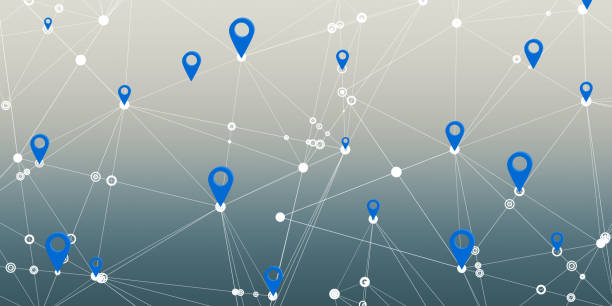The Internet Protocol (IP) address is a unique identifier assigned to every device connected to the internet. IP addresses play a crucial role in online privacy and security as they can reveal information about a device’s location and online activities. In this article, we will explore the significance of IP addresses in online privacy and security and how they can be protected.
Introduction
In today’s digital age, the internet has become an indispensable tool for communication, information, and commerce. However, with the growing dependence on the internet comes the need for privacy and security. The IP address assigned to a device can provide valuable information to hackers, advertisers, and governments, leading to potential privacy and security breaches. It’s essential to understand the role of IP addresses in online privacy and security and how to protect them.
What is an IP address?
An IP address is a unique identifier assigned to every device connected to the internet. It’s used to route data packets between devices on the internet and to identify the location of a device. IP addresses can be either static, which means they never change, or dynamic, which means they change each time the device connects to the internet.
How can IP addresses reveal information about online activities?
IP addresses can reveal information about a device’s online activities and location. For example, an IP address can be used to determine the location of a device and its internet service provider (ISP). This information can be used by advertisers to target ads based on a user’s location, and by hackers to launch targeted attacks. Additionally, IP addresses can be used to track the online activities of a device, including the websites visited and the time spent on each site.
The dangers of IP address tracking
IP address tracking can have serious implications for online privacy and security. Hackers can use IP address tracking to launch targeted attacks, steal personal information, and spread malware. Advertisers can use IP addresses to target ads based on a user’s online activities, invading their privacy. Governments can use IP addresses to monitor citizens’ online activities and restrict access to certain websites.
How to protect your IP address
There are several ways to protect your IP address and maintain online privacy and security. One of the most effective methods is to use a virtual private network (VPN). A VPN encrypts all internet traffic, making it difficult for hackers, advertisers, and governments to track your online activities and location. Additionally, using a secure browser, clearing cookies regularly, and avoiding public Wi-Fi networks can also help protect your IP address.
The role of ISPs in online privacy and security
Internet Service Providers (ISPs) also play a crucial role in online privacy and security. ISPs are responsible for assigning IP addresses to devices and routing internet traffic. Some ISPs collect and sell user data to advertisers, posing a threat to online privacy. To ensure privacy and security, it’s essential to choose an ISP that respects user privacy and has robust security measures in place.
The future of IP addresses and online privacy
The increasing demand for online privacy and security has led to the development of new technologies, such as IPv6, which has a larger address space and improved security features. Additionally, there are new privacy-focused alternatives to traditional ISPs, such as mesh networks, which allow users to share internet access without the need for a centralized provider.
Conclusion
IP addresses play a critical role in online privacy and security. Understanding the significance of IP addresses and how they can be used to reveal information about online activities and location is essential. By using privacy-focused technologies, such as VPNs and secure browsers, and choosing an ISP that respects user privacy, individuals can protect their IP addresses and maintain their online privacy and security.
However, as technology continues to advance, the privacy and security risks associated with IP addresses will continue to evolve. It’s crucial for individuals to stay informed and to use the latest privacy-focused technologies to protect their online activities and location. Additionally, it’s essential for governments and internet service providers to prioritize online privacy and security and to take action to protect their citizens and users’ personal information. In a world where online activities have become an integral part of our lives, it’s crucial that we take the necessary steps to protect our IP addresses and maintain our online privacy and security.



Leave feedback about this